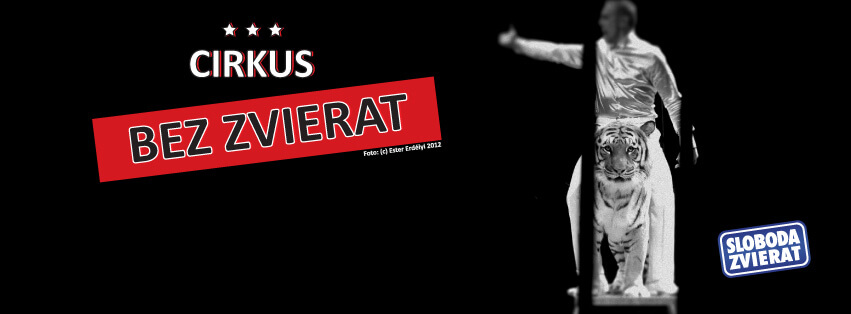We have arrived at the time of the year where Czechia must once again undergo the sad, insufferable annual award ceremony for the Czech Republic’s highest distinctions and medals (a state function our beloved President has managed to thoroughly and utterly privatize.) Often accompanied by a traditional Presidential rant pointing out the various sponsors, cronies, nationalists, racists, partners in crime, and foreign agents who have come out to support him, the event with its soul-crushing regularity can be safely foregone in favor of slightly less depressing matters.
A valuable lesson in academic integrity
For starters, last month’s story about a shady loan company trying to buy PR through a partnership with the largest Czech university turned out to be just the tip of a larger, messier, and considerably stupider iceberg. While the initial plan to re-brand the university failed, it also managed to draw the media’s attention towards how the university handled topics so dear to Home Credit’s corporate heart, like for example the Chinese market. And it turns out that certain people on the university side have been very busy bees indeed. For starters, the man with the plan to rebrand the university – rector Tomáš Zima – appears to have been using his university position in order to organize conferences paid for by the Chinese embassy. Later it was revealed that these payments also prompted the creation of a lecture course focusing on ‘how amazingly advantageous’ Chinese investment in Europe is. The course is taught by one Miloš Balabán, coincidentally also the man who owns the company through which the embassy’s money was funneled to the university (said company also coincidentally shares the name as a legitimate research institution) meaning the whole arrangement amounts to effectively paying for the university to spread propaganda certified as education. The best part, though? One of the projects Balabán and his buddies were working on concerned coming up with a means of protecting academic institutions from foreign political influence.

As difficult as it is to put oneself in the boots of a multibillion loan-sharking business, I have to say that it seems awfully difficult to blame Home Credit for ending its sponsorship deal with Charles University — especially upon realizing that such an institution might just be a tad too compromised when it comes to promoting Czech-Chinese relations. Home Credit has instead opted for a different strategy: they bought a television station. Home Credit’s parent company PPF has bought Nova, the most popular TV station in the country and given the conservative and right-wing political inclinations of PPF’s owner, watching how this acquisition will impact Nova’s decidedly tabloid, sensationalist brand of news should be if nothing else, a lot of (admittedly fairly morbid) fun.
An invaluable lesson in pedagogical integrity
Education seems to be a topic that resonates especially strongly these days: concurrently with the series of scandalous screw-ups described above, tension has been building across the country regarding teachers’ salaries, a traditionally sore point for Czechia. Compared to other countries, Czech teachers are the worst paid in Europe. One would then expect that the media and politicians would be at least empathetic when teachers announced a rather confused strike.
The last straw appears to have been a last-minute change of terms concerning money invested into education. Originally, the Ministry of Education promised a ten percent increase in wages, but this has been swiftly and stealthily amended at the last minute to eight percent for wages and two percent for additional rewards — a category at the discretion of whoever is in charge of the school. The underlying assumption apparently being that individual rewards would incentivize lazy teachers to do their jobs better, faster, and stronger — in true capitalist fashion.
The difference is rather subtle and gives more than a little room for misinterpretation, but the prevailing opinion seems to be “if you did your job good you will receive the rewards anyway.” But the teachers’ union has expressed a very understandable fear that this money may instead disappear into the hungry maw of someone’s pocket. And so: the one-day strike. It was organized in a rather slapdash fashion — as one news portal puts it, “no one knows how many schools are closed.” But even if events take the most likely course and result in absolutely nothing happening, the gesture is to be appreciated nonetheless.
Part of the trouble is – as various media commentaries have said more or less explicitly – that in our corporate-slavery fueled free state, “strike” is considered a Very Bad Word. Drawing attention to any injustice being done is a topic best avoided in polite society for fear of upsetting others. ‘How dare they stand up for themselves while we all silently suffer the whims of our superiors, representatives, neighbors, and pets?’
Unions, according to this narrative, are a group of no-good functionaries who managed to weasel out of doing good honest work and thrive on stirring up trouble for all of us normal hard-working folks. It is a narrative strongly supported in the Czech Republic by both the establishment and the predominantly right-wing media. And until that narrative reaches its well-earned and hopefully painful death, going on strike will be considered something to be ashamed.
A devaluating lesson in entertainment integrity
For a Czech, resorting to Slovakia for good news probably speaks more to one’s ignorance than actual knowledge of our neighbor’s political scene. However, from time to time a genuinely good piece of information arrives and must to be cherished.

As of the start of November, Slovakia has banned circus performances that include a list of animals, including the abused circus evergreens like lions, tigers, bears, monkeys, and elephants. Obvious implications for animal rights aside, this new regulation means Europe is well on its way towards putting the final nail in the circus industry’s coffin by forcefully preventing the one thing every circus visitor hopes to see, i.e. the moment when a tiger looks at the pompous bastard waving the whip, decides it has had enough and rips his head off.
What’s the point of going to the circus now?
![Political Critique [DISCONTINUED]](https://politicalcritique.org/wp-content/uploads/2015/09/Political-Critique-LOGO.png)
![Political Critique [DISCONTINUED]](https://politicalcritique.org/wp-content/uploads/2015/09/Political-Critique-LOGO-2.png)